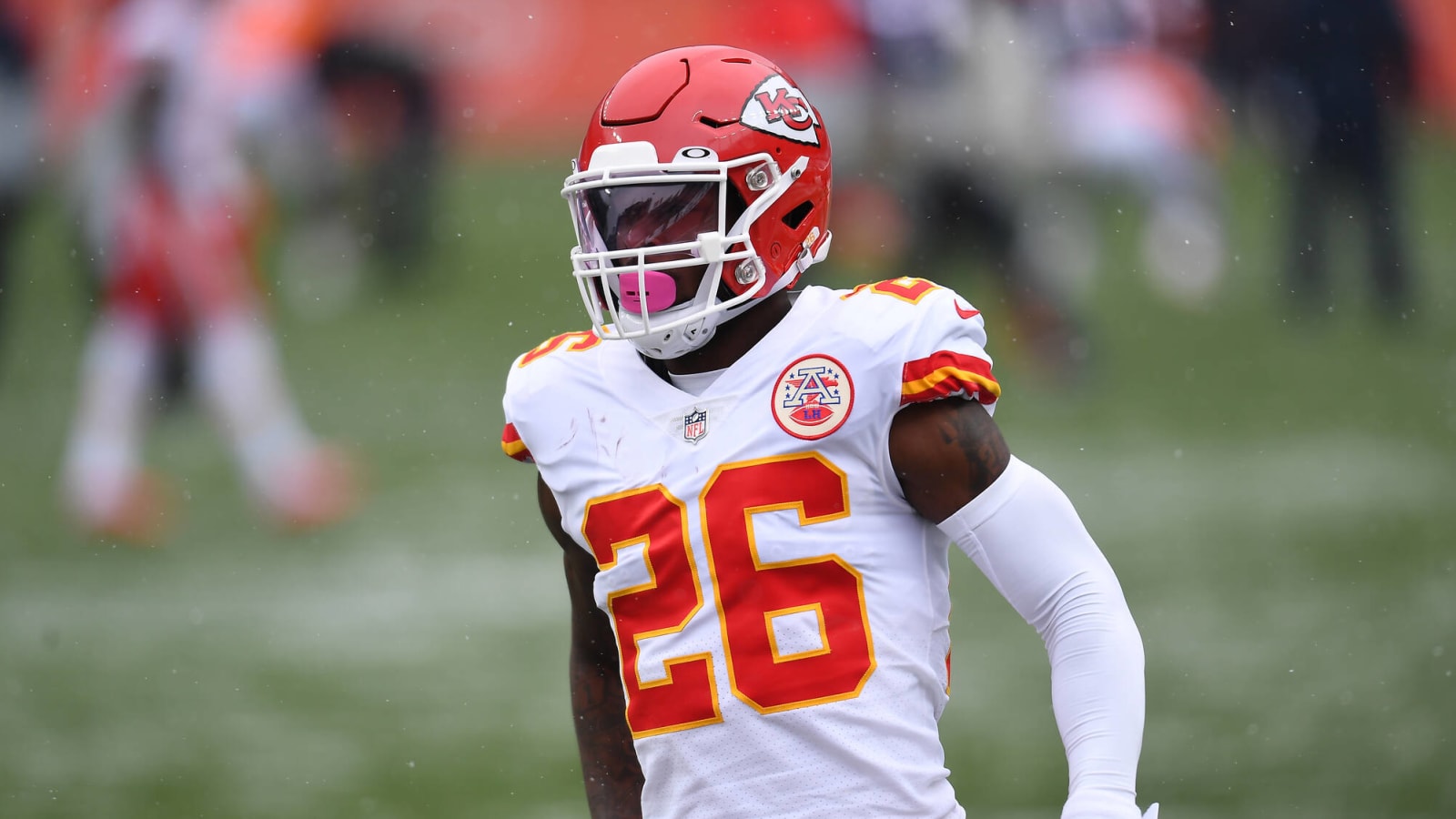
When Le’Veon Bell took his stance in 2018, he wanted to get paid a massive bag by the Steelers. It was not just a normal bag. At the time that he took his stand, Todd Gurley had just signed a new four-year, $57.5 million deal with the Los Angeles Rams shortly after the end of the franchise tag period. That deal would end up blowing up right in their face as Gurley’s knee issues arose and knocked him out of the league just after six seasons.
That deal averaged out to be about $14.3 million a year. On record, the best contract offer that Bell ever received was a five-year, $70 million extension from Pittsburgh that would average $14 million a year. Given that was prior to the Gurley extension, Bell would have the richest running back contract in the NFL at the time. He would have been the best-paid back in the NFL, usurping Devonta Freeman’s extension.
But Bell wanted to do more than just get a little bit more of a leg up on the competition. Given his prowess as a receiver, Bell’s infamous request to be paid as both a receiver and running back took root. He wanted to get paid near $17 million, while some running backs said he could be worth as much as $20 million a year. But Bell turned down his $14.5 million franchise tag, sat out the season, and only signed a four-year deal worth a bit north of $13.1 million.
Bell made his situation more than just about getting his bag. The business side of the NFL had thrown the running back position by the wayside as analytics revealed how increasingly fungible the position was overall. It was about getting the biggest bag possible and resetting the market. Bell did not see his $14 million deal doing that, and thought he could get a rich deal on the open market.
Bell wanted to put on for the position. One of the quotes from his agent, Adisa Bakari, was that the Steelers wanted to pay the position but not the player. That, ultimately, was the sentiment that Bell was fighting for in this process. He lost the battle, fine, but maybe some teams would turn the wheel around and understand the argument.
Listen, from a running back’s perspective, they take a ton of punishment at that position, and yet they are discounted routinely in the free-agency process. Bell wanted to break the mold, even if he lost the battle with the Steelers. But Bell’s deal with the Jets tanked and he was out of New York in 2020. In recent years, other top running back contracts have soured. Dalvin Cook is the latest such example of a running back who was paid a lot of money, and that team viewed him as expendable.
Right now, the highest-paid running back in the NFL is Christian McCaffrey, who is not wholly dissimilar to Bell as a player. McCaffrey makes $16 million per year while the second highest-paid running back Alvin Kamara makes $15 million per year. But Bell would still be the third highest-paid running back right now on a per-year basis with the Steelers and Jets contracts.
Derrick Henry, Nick Chubb, Aaron Jones, Joe Mixon and others all make less than Le’Veon Bell made during his contracts. Mixon took a pay cut. Now, Josh Jacobs and Saquon Barkley, two of the NFL’s most productive backs, are facing a squeeze while fighting the franchise tag. Both are essentially in the same boat that Bell was in during his 2017 and 2018 dilemmas with the team.
So far, the reports are not optimistic on the Barkley extension looking all that much different. Both he and Jacobs only have until later Monday or they will have to ink their franchise tags or try to play the game similarly to Bell. But the reported offers to both are at most around $13 million per year and still have low guaranteed money within their contracts. That’s what made Bell walk in the first place away from the Steelers.
It seems like the stigma around the running back position is only strengthening when it comes to contracts. Teams increasingly see running backs as replaceable and will not pay them. From the running backs' perspective, it all makes sense, but the same thing can be said from the side of the front offices. Why pay a running back when you can get similar production at a fraction of the cost?
It is the same dilemma the Steelers faced with Le’Veon Bell all the way back in 2017 and 2018. Bell wanted to change that and naturally allow the market to trend upwards. But that hasn’t happened, and it has stayed stagnant. Not only did Bell lose his individual battle, but it seems he lost the war for the cause overall. His story is the first of many similar stories that have dotted the running back position in recent years. You can call it a cautionary tale or whatever, but Bell’s fight to change the running back position monetarily was a noble one that he does not appear to have won.
More must-reads:
- Who has the most rushing yards in a season for every NFL team?
- Christian McCaffrey encouraged Commanders GM to draft brother Luke
- The '100 catches in an NFL season' quiz
Breaking News
Customize Your Newsletter
 +
+
Get the latest news and rumors, customized to your favorite sports and teams. Emailed daily. Always free!

